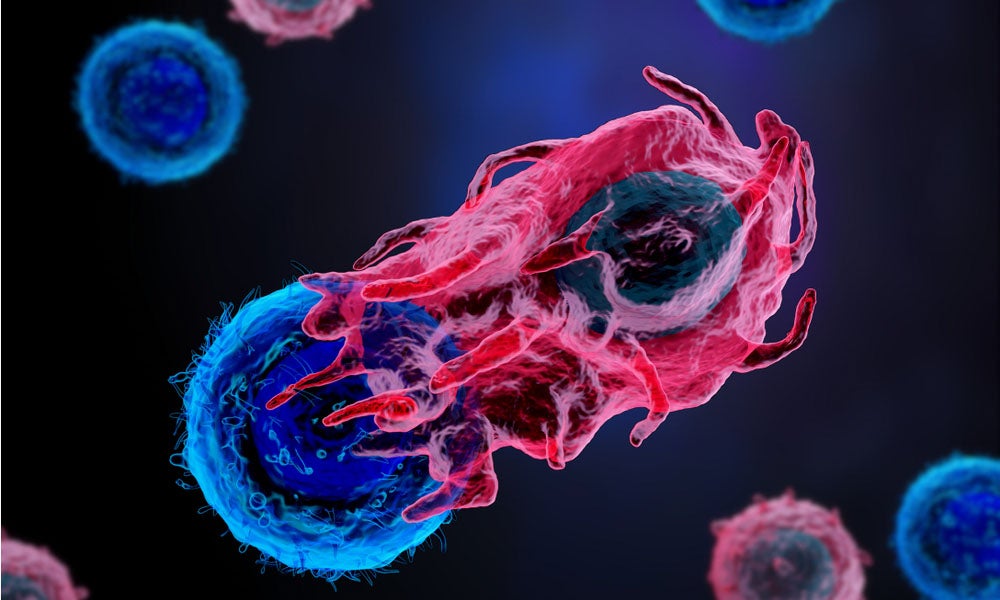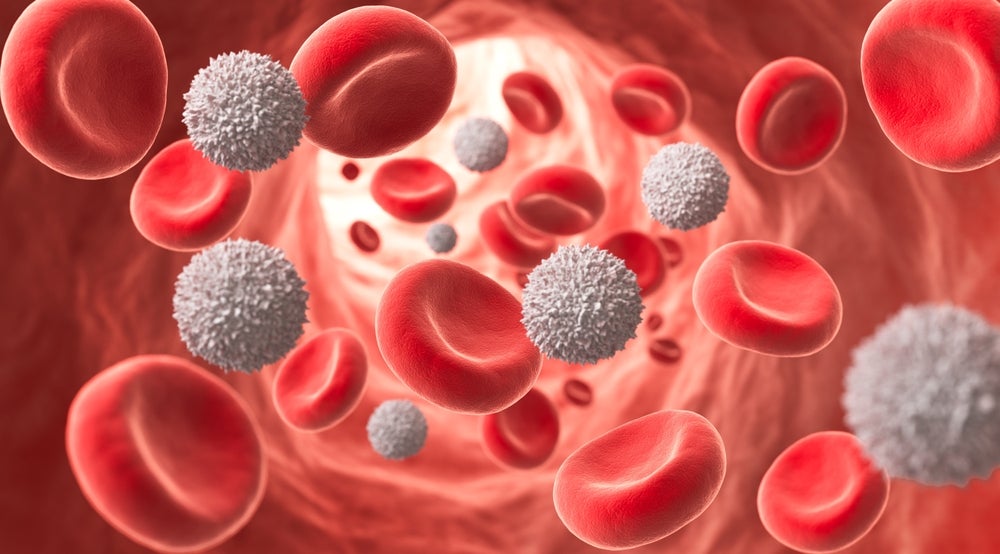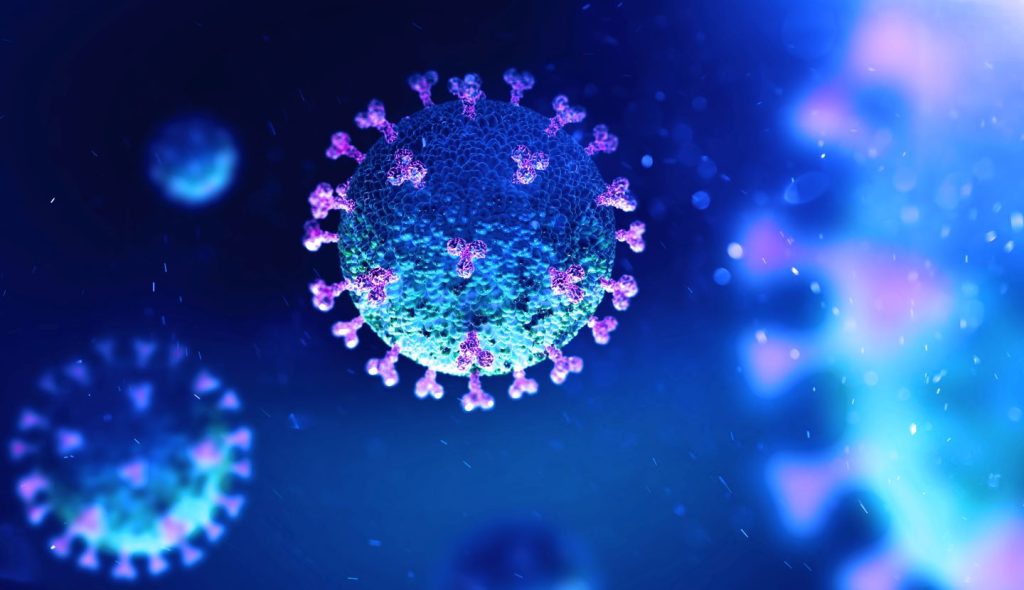Johnson & Johnson (J&J) has released positive results from the Phase III trial of nipocalimab in patients with generalised myasthenia gravis (gMG).
The company also plans to submit the data to regulatory agencies, later this year.
Nipocalimab is an IgG-specific monoclonal antibody that can selectively block neonatal fragment crystallisable receptor (FcRn) to reduce levels of circulating IgG antibodies, including autoantibodies. J&J added the therapy to its portfolio through the $6.5bn acquisition of Momenta Pharmaceuticals in 2020.
Nipocalimab’s main competitor is argenx’s FcRn inhibitor, Vyvgart (efgartigimod). It was approved by the US Food and Drug Administration to treat AChR+ gMG in 2021. Argenx expanded the label for Vyvgart subcutaneous formulation, to include chronic inflammatory demyelinating polyneuropathy (CIDP) last month. Vyvgart is argenx’s high-grossing drug having raked in $1.2bn in sales in 2023, for both intravenous and subcutaneous formulation, per the company’s financials.
GlobalData expects Vyvgart to retain its early approval advantage and generate $6.5bn in sales in 2030, compared to $1.8bn generated by nipocalimab in the same period.
GlobalData is the parent company of Pharmaceutical Technology.
Positive Phase III results
The placebo-controlled Phase III VIVACITY trial (NCT04951622) of nipocalimab enrolled 153 adults with gMG, including those with anti-acetylcholine receptor positive antibody (AChR+), anti-muscle specific tyrosine kinase positive antibody (MuSK+) and/or anti-low density lipoprotein receptor-related protein 4 positive antibody (LRP4+).
The participants either received nipocalimab or placebo, in addition to the standard of care.
The study met its primary endpoint, demonstrating a 4.7-point reduction in a daily activity score (myasthenia gravis activities of daily living scale – MG-ADL) from baseline over 22-24 weeks, compared to a 3.25-point reduction in the placebo group over the same timeline. The MG-ADl scale ranges from zero to 24 points indicating an increase in disease severity, spanning eight different characteristics with each being assigned a score from zero to three depending on the severity of each symptom.
The trial also met its secondary endpoints with an improvement in the strength and function of different muscle groups by 4.86 points in the treatment arm compared to a 2.05-point reduction in the placebo group. The change was measured using Quantitative Myasthenia Gravis (QMG)d score baseline over 22 to 24 weeks. A reduction in MG-ADI score was seen in 68.8% of participants in the treatment group from baseline over 22 – 24 weeks, compared to 52.6% in the placebo group.
The incidence of adverse events was similar in both groups - 81.6% in the nipocalimab group and 82.7% in the placebo group. Nine patients in the treatment group reported serious adverse events, compared to 14 participants experiencing these in the placebo group.
Nipocalimab has seen initial success in trials for several immune diseases, including Sjogren’s disease, haemolytic disease of the foetus and newborn (HDFN), and rheumatoid arthritis (RA).















